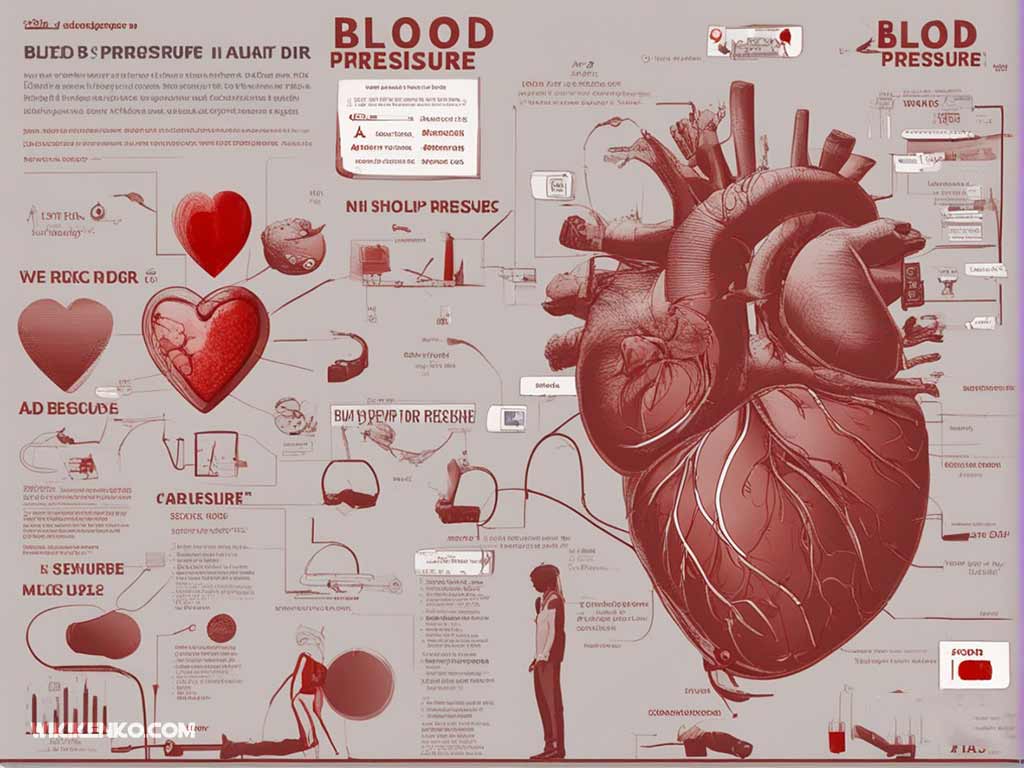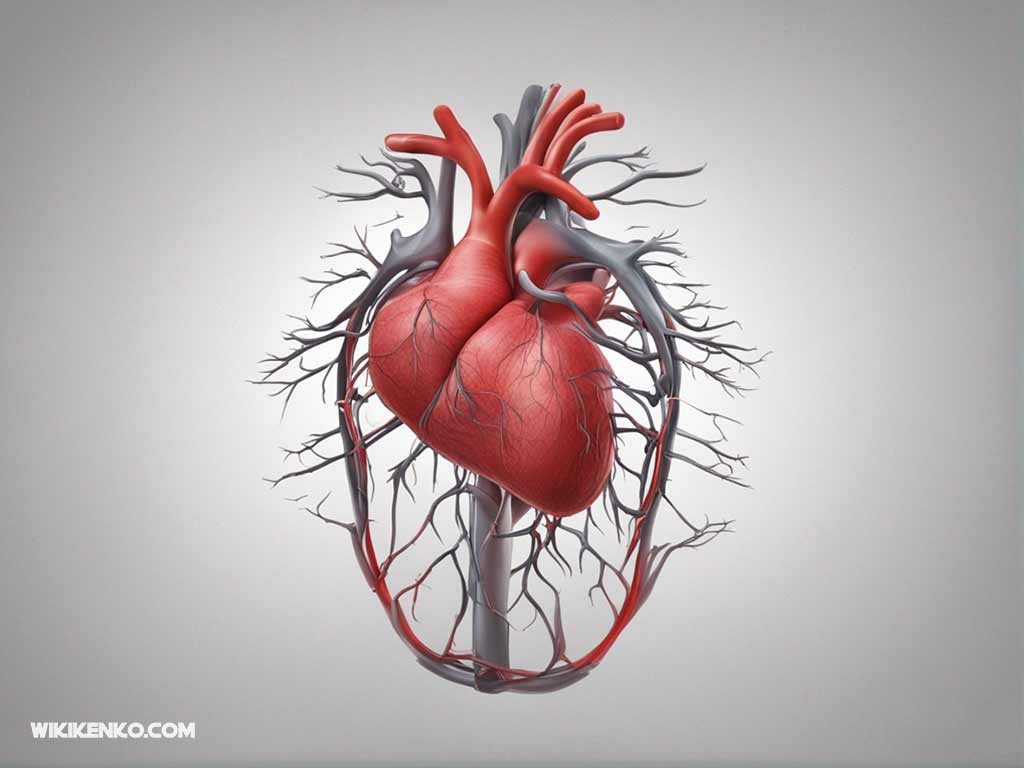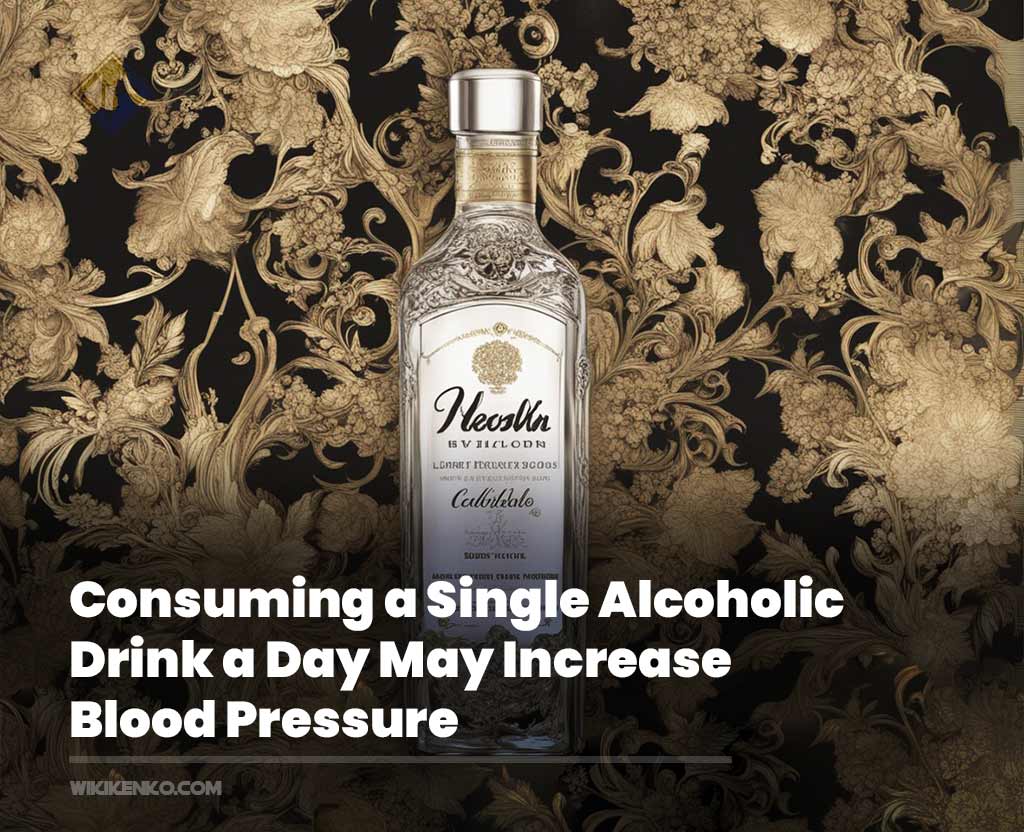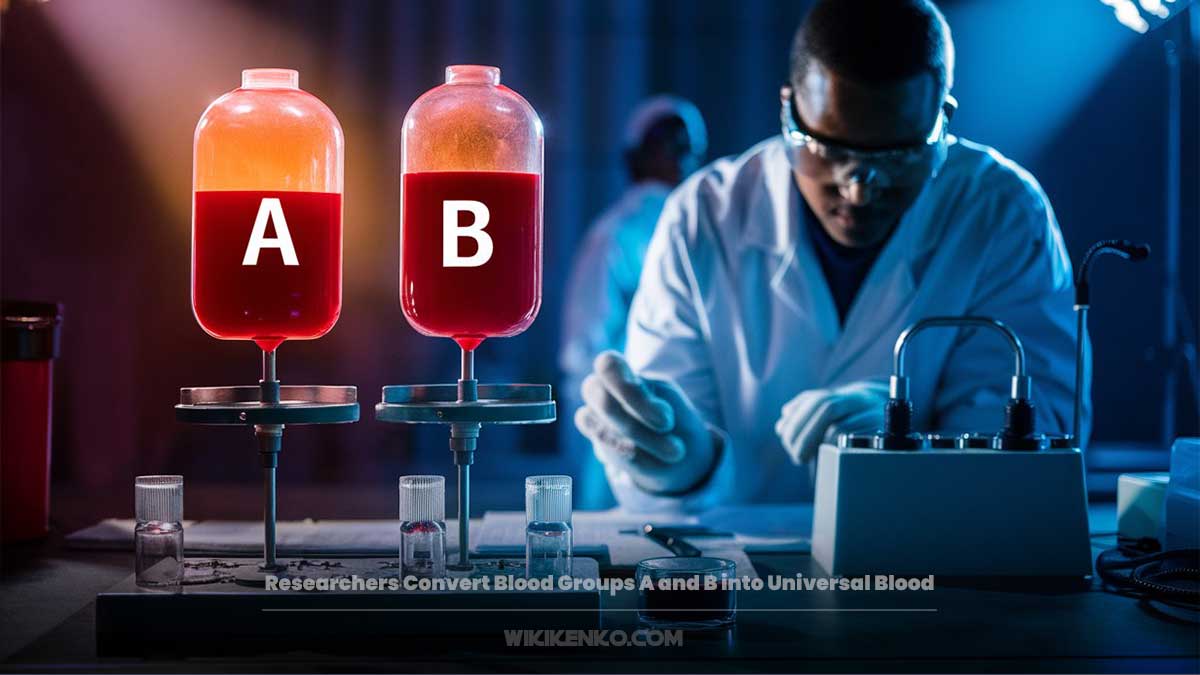A recent study reveals that consuming just one alcoholic beverage per day can raise systolic blood pressure, which is the higher number in a blood pressure reading, even in individuals who do not suffer from hypertension.
“In our study, we did not find any beneficial effects in adults who consumed little alcohol compared to those who abstained,”
Dr. Marco Vinceti, the lead author of the study and a professor of Epidemiology and Public Health at the University of Modena and Reggio Emilia, Italy
The negative impact of alcohol on systolic blood pressure increased over the years, as per the study, even in individuals who consumed only small amounts of alcohol daily. Small amounts of alcohol also elevated the lower reading, or diastolic, of blood pressure, but only in men, according to the study published in the academic journal Hypertension on Monday.
“Both systolic and diastolic pressures contribute to (cardiovascular) risk and go hand in hand, but of the two, systolic blood pressure is undoubtedly the most important risk factor in adults,” affirmed the study’s co-author, Dr. Paul Whelton, a professor of Global Public Health at the Tulane University School of Public Health and Tropical Medicine in New Orleans and president of the World Hypertension League.
Blood Pressure and Cardiovascular Health
Blood pressure is measured in millimeters of mercury (mmHg) and is expressed as two numbers, one over the other. The upper or systolic reading, which represents the force of blood against the arterial walls when the heart contracts, is an “important cardiovascular disease risk factor for people over the age of 50,” according to the American Heart Association (AHA). The lower or diastolic reading measures the pressure in the arteries when the heart muscle rests between beats.
A normal systolic reading is usually 120 mmHg or lower, but it tends to increase as blood vessels weaken and narrow with age, according to the AHA. A normal diastolic reading is below 80 mmHg, but it starts to decrease with age as the arteries lose elasticity and harden, sometimes leading to an increased pulse rate.
“There is no doubt that alcohol is not the sole cause of elevated blood pressure. However, our results confirm that it contributes significantly. Limiting alcohol consumption is advisable, and avoiding it altogether is even better,” Vinceti added, who is also an associate professor in the Department of Epidemiology at the Boston University School of Public Health.

Hard Drinkers Do Not “Handle Alcohol Better,” According to a Study
The concept that excessive alcohol consumption raises blood pressure has existed for a long time, stated Dr. Andrew Freeman, director of cardiovascular prevention and wellness at National Jewish Health in Denver.
“However, this review found that relatively low levels of alcohol had an impact on blood pressure. So, to me, this is another study that demonstrates there may not be any safe level of alcohol,” said Freeman, who was not involved in the research.
Risk Increases with Higher Alcohol Levels
The review analyzed data from seven studies conducted in Japan, South Korea, and the United States between 1997 and 2021. It followed more than 19,000 adults aged between 20 and 70 years with no previous diagnoses of alcoholism, alcohol binges, cardiovascular diseases, diabetes, or liver diseases over an average period of five years.
All participants were asked about their regular alcohol consumption at the beginning of the studies, translated into grams of alcohol to avoid differences between countries regarding what constitutes a “standard drink.” For instance, the World Health Organization sets the standard at 10 grams of alcohol per drink, while the United States defines it at 14 grams.
“In the United States, you probably consume more than one standard drink per day. If you are served a glass of wine with 14 grams of alcohol at a restaurant, you would want to tell the waiter, ‘Stingy, go back and serve a real glass of wine.’ We believe we are consuming a standard drink, but it is not,” explained the researchers.
How different amounts of alcohol affected blood pressure over time?
The researchers then used statistics to trace how different amounts of alcohol affected blood pressure over time. Drinking an average of 12 grams of alcohol per day, or less than a standard US drink, resulted in a small increase in systolic blood pressure of 1.25 mm Hg over an average of five years.
“We were somewhat surprised to see that consuming a level of alcohol already considered low was also related to greater changes in blood pressure over time compared to no consumption, although much less than the increase in blood pressure observed in heavy drinkers,” noted Vinceti.
In individuals who consumed an average of 48 grams of alcohol per day, or almost 3.5 standard US drinks, systolic blood pressure increased by nearly 5 mmHg during the same period, compared to non-drinkers.
“That would undoubtedly push you from prehypertensive to hypertensive, just as eating excessive amounts of sodium, very few fruits and vegetables, and not getting enough physical activity would push you in the wrong direction,” said Whelton of Tulane.
Another finding: The impact of alcohol on blood pressure was even more significant if a person’s readings were already on the rise at the beginning of the study, according to Whelton.
“This suggests that individuals with a tendency for increasing blood pressure may benefit more from low or no alcohol consumption,” he said.

Conflicting Messages about Alcohol
How do these study results align with previous research showing that alcohol can be beneficial for the heart? First, according to Whelton, many of the older randomized clinical trials only compared light drinkers with heavy drinkers, not with those who abstained from alcohol altogether.
“What we have generally seen in clinical trials is that drinkers are randomly assigned to less alcohol, such as light beer, versus continuing to drink as usual. And of course, those who consumed moderate amounts of alcohol fared better,” said Whelton, co-author of a meta-analysis on such studies.
“From the perspective of blood pressure, I think most people would agree there is no level at which alcohol is safe. From a cardiovascular perspective, opinions may differ,” he added.
No Amount of Alcohol Benefits the Heart, Reveals a New Report, but Critics Question This Conclusion
Studying alcohol consumption is difficult because it is associated with behaviors that can be both beneficial and detrimental. “If you are drinking in a smoke-filled bar at night with friends, your exposure to secondhand smoke and alcohol will undoubtedly disrupt your sleep, and both are harmful to health. But you also gain the positive aspects of socialization,” said Freeman.
Research on “blue zones,” areas in the world where people often live up to and beyond 100 years, has shown that diets in these places often include small amounts of alcohol consumed regularly with dinner. Is it the alcohol that contributes to longevity, or the close social relationships?
“Unraveling these associations can be challenging. First and foremost, I do not recommend people to start drinking. If they drink, they should try to minimize it and do their best to maintain healthy behaviors that benefit the heart, such as exercise and stress reduction,” said Freeman, who explains that he gives his patients the same guidelines as the AHA and WHO.
“Exercise is an amazingly effective way to reduce blood pressure, both systolic and diastolic, as it helps the heart relax and maintain better efficiency,” he added.
Original source: This information was Initially covered by Cnnespanol and has been translated for our readers.










